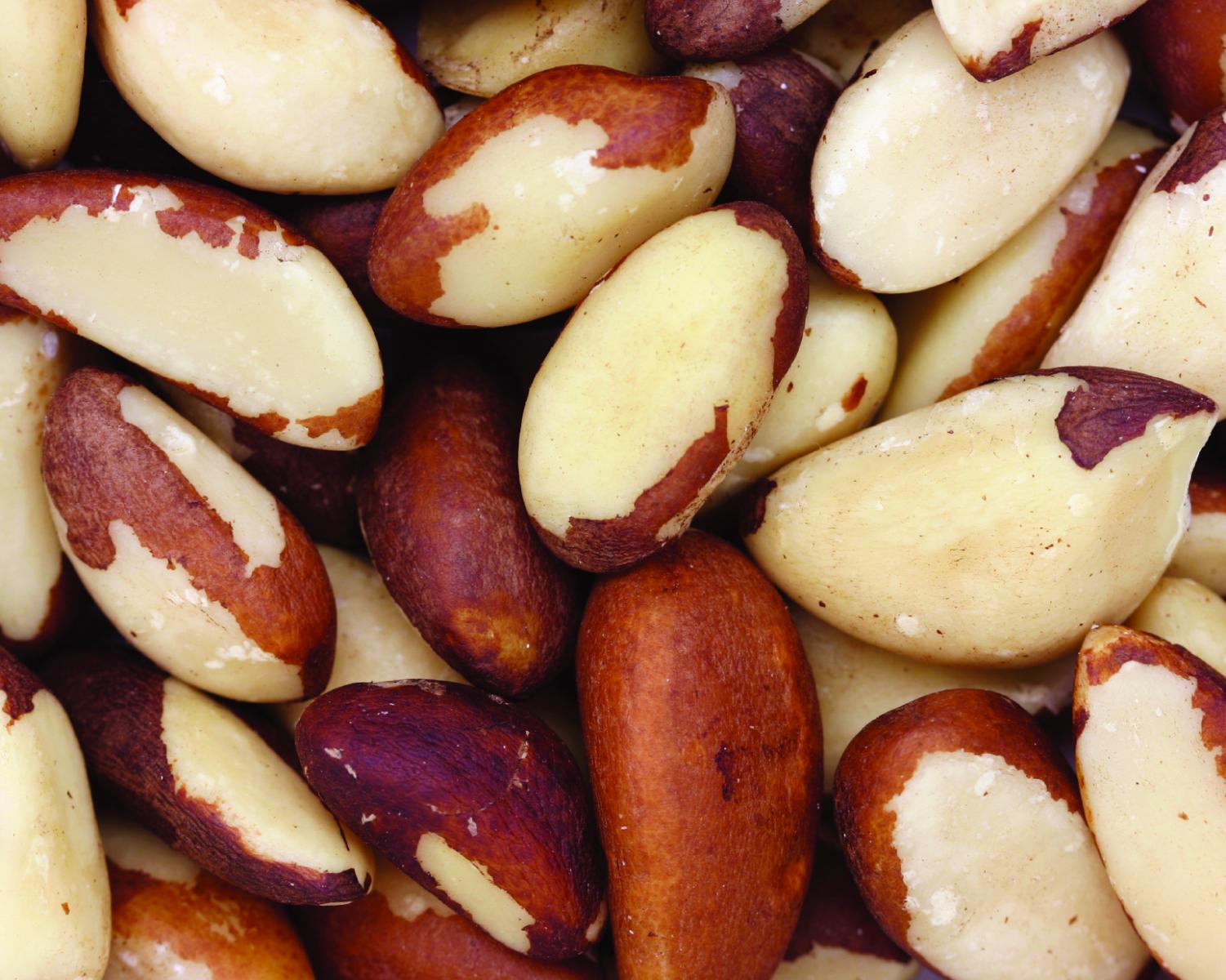Paleo Diet Driving Food and Beverage Launches
"Paleo" falls in line with consumer demand for foods perceived as more “natural.”
Photo © iStockphoto.com/Suzifoo

The “Paleo Diet” focused on foods eaten by early ancestors-primarily meat, fish, vegetables, nuts, and fruit but excluding dairy, grain, and processed food-has gained a huge following in the past decade, especially in the United States. This trend in turn is sparking notable launch activity in the food and beverage market, reports market researcher Innova Market Insights, because it is in line with consumer demand for foods perceived as more “natural.”
Product launches marketed with the word paleo have surged in the past five years, Innova says. Where launches touting paleo were in the single digits in 2010, they totaled more than 300 in the 12 months ending September 2015, the market researcher reports.
The interest in paleo is also expanding to other global markets beyond the United States. Whereas U.S. launch activity accounted for over 80% of total paleo launches between September 2013-2014, in September 2014-2015, U.S. launches only accounted for a smaller two-thirds of the market, meaning that launches in other parts of the world are increasing. This is especially true in Australia, Innova says, where paleo launches were virtually at zero in 2014 but accounted for nearly 16% of total global paleo launches by the end of 2015-surpassing Europe’s market share.
Paleo activity is diverse in terms of product type. Cereal, bakery products, and snacks account for 56% of the market, followed by sports nutrition, dairy, and soft drinks. Examples of U.S. paleo products include Paleo Cookies and Paleo Protein Bars from Julian Bakery, Paleopure Trail Mix from Paleopure, and Steve’s Paleocrunch Granola and Paleogoods Paleobars.
Jennifer Grebow
Editor-in-Chief
Nutritional Outlook magazine
jennifer.grebow@ubm.com
Prinova acquires Aplinova to further increase its footprint in Latin America
April 7th 2025Prinova has recently announced the acquisition of Brazilian ingredients distributor Aplinova, which is a provider of specialty ingredients for a range of market segments that include food, beverage, supplements, and personal care.










